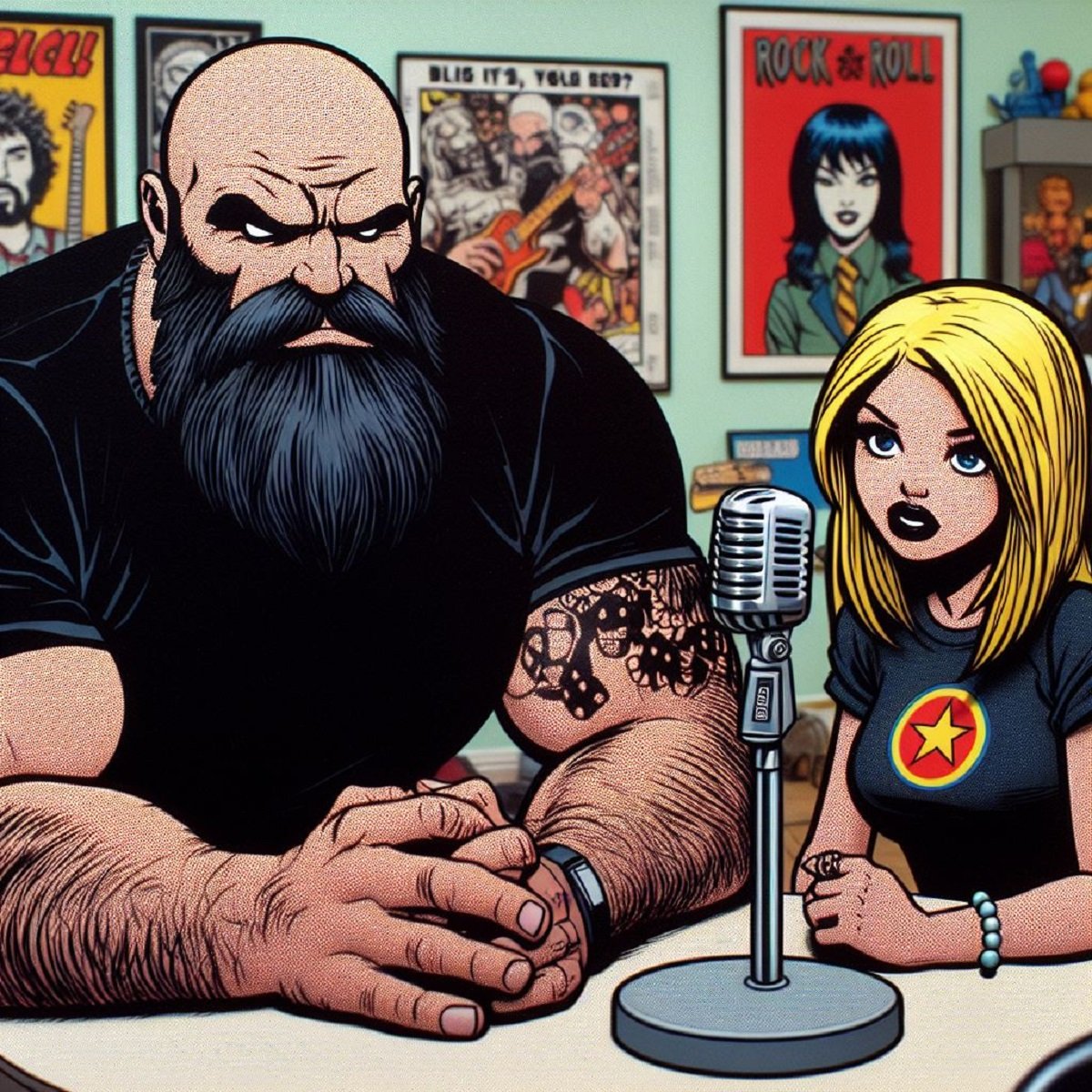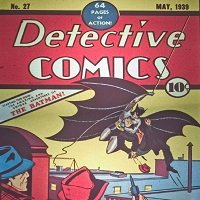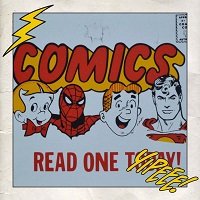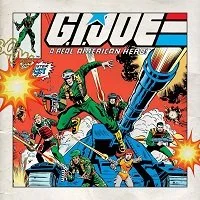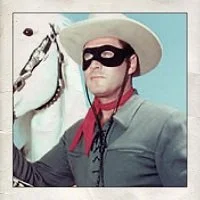Film Review: Pinball: The Man Who Saved the Game (Calgary Underground Film Festival)
By: Joseph Perry (Twitter - Uphill Both Ways Podcast)
I was a youngster at that magical time when pinball still ruled my local arcades and grocery stores in northern California, though the earliest arcade video games were slowly showing up. Plopping in a dime for a single game or a quarter for three games was one of the highlights of going grocery shopping with my mom, another two being picking the cereal with the best prize that week and scoring some new comic books.
Little did I know that in other cities, pinball was illegal because the game was considered a form of gambling. Pinball: The Man Who Saved the Game (2023) is a highly enjoyable comedy biopic about the mightily mustached Roger Sharpe who, in the 1970s, overturned New York City’s 35-year ban on pinball machines.
In the film, Sharpe (Dennis Boutsikaris as the current Sharpe in the interview segments and Mike Faist as the twentysomething version in the main plot; both give terrific performances), who enjoyed playing pinball during university a few years earlier and was good at it, gets divorced and loses his job. He randomly hears the ringing bells of an illegal pinball machine in a New York City adult bookstore and finds a new purpose in life, including a string of luck that leads him to a job at the fledgling GQ magazine and a possible romantic relationship with Ellen (Crystal Reed in an excellent, captivating performance), a woman seven years older than him who he meets randomly on the way to his GQ job interview and who has an 11-year-old son (Christopher Convery as Seth). Trials and tribulations abound as Sharpe tries to balance his relationship with Ellen and Seth, his love for pinball, his quest to right a book about the history of the game and the people behind it, and his reluctantly going before stubborn government officials to prove why pinball is a game of skill and not gambling.
Cowriters/codirectors Austin Bragg and Meredith Bragg juggle all of these plots superbly, balancing the drama and the humor perfectly. Pinball: The Man Who Saved the Game is a character study of Sharpe, but his romance with Ellen is the beating heart of the story. Faist and Reed have wonderful, believable chemistry together, with Faist portraying a flawed protagonist who must learn to think of others’ needs over his own desires and Reed giving a fine turn as a single mother who emotionally supports her new boyfriend but needs him to realize what is needed for her and her son. The sizable supporting cast is terrific throughout, including Boutsikaris as the solo-Greek-chorus version of Sharpe, who cuts in with what’s phony about this biopic — actually, commenting on the genre in general — and what is right and wrong with the filmmakers’ portrayal of his life.
You don’t need to like pinball to enjoy Pinball: The Man Who Saved the Game — though if you do, you’ll love a lot of the history and visuals therein. The film is a lighthearted, thoroughly engaging, and constantly entertaining feelgood experience that comes highly recommended.
Pinball: The Man Who Saved the Game screened as part of Calgary Underground Film Festival, which took place in Calgary, Canada from April 20–30.
Joseph Perry is one of the hosts of When It Was Cool’s exclusive Uphill Both Ways podcast (whenitwascool.com/up-hill-both-ways-podcast/). He also writes for the websites Gruesome Magazine (gruesomemagazine.com), The Scariest Things (scariesthings.com), Horror Fuel (horrorfuel.com), B&S About Movies (bandsaboutmovies.com), Uphill Both Ways (ubwpodcast.com), The Good, the Bad, and the Verdict (gbvreviews.com), and Diabolique Magazine (diaboliquemagazine.com), and film magazines Phantom of the Movies’ VideoScope (videoscopemag.com) and Drive-In Asylum (etsy.com/shop/GroovyDoom).
If you found this article interesting consider becoming a Patreon supporter. That is how When It Was Cool keeps our website and podcasts online, plus you get lots of bonus content including extra and extended podcasts, articles, digital comics, ebooks, and much more. Check out our Patreon Page to see what's up!
If you don't want to use Patreon but still want to support When It Was Cool then how about a one time $5 PayPal donation? Thank you!
